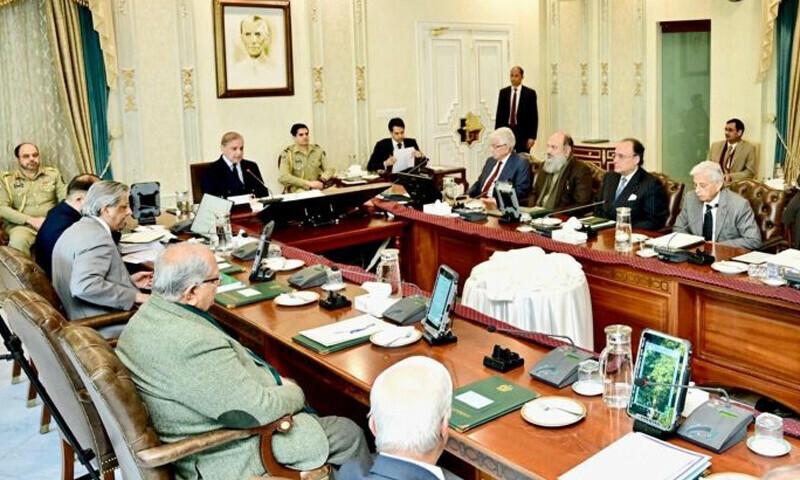Pakistan rejects Afghan counsel general’s explanation for not honoring national anthem
FO says Afghan officials’ act has hurt the sentiments of the people of Pakistan


Islamabad: Pakistan has rejected Acting Afghan Consul General’s explanation for not standing during the Pakistani national anthem at an event in Peshawar, terming the action a violation of diplomatic norms.
Foreign Office Spokesperson Mumtaz Zahra Baloch while addressing weekly press briefing on Thursday said that Pakistan considers the act of the Acting Afghan Consul General as reprehensible, saying this has hurt the sentiments of the people of Pakistan.
The FO spokesperson said Pakistan conveyed its strong protest to the Afghan authorities on the matter. She said decisions would be taken after due internal deliberations and conclusion of talks with the Afghan government. She said Pakistan reserves the right to take action in accordance with diplomatic norms and practices.
“Pakistan is committed to the full implementation of Indus Water Treaty,” she added.
Baloch said Pakistan considers the Indus Water Treaty as an important one and hopes that India would also comply with its provisions.
She pointed out that the two countries have a mechanism of Indus Water Commissioners and all issues pertaining to this treaty can be discussed in it.
Baloch described the election exercise in Indian illegally occupied Jammu and Kashmir as farcical, reminding India that given the internationally recognized disputed status of IIOJK, any so called elections conducted in pursuance of the Indian constitution carries no legal value in the eyes of international law.
She said the relevant UN Security Council resolutions clearly state that final disposition of Jammu and Kashmir dispute will be made in accordance with the will of the Kashmiri people expressed through a UN supervised plebiscite. Any other process, cannot, therefore, serve as a substitute to the grant of the right of self-determination of the Kashmiri people.
Blast leaves four killed, 35 injured Blaochistan's Turbat
- 8 hours ago

That Elon Musk ‘Adrian Dittmann’ screenshot is almost certainly fake
- 3 minutes ago

Samsung bets big on OLED and gaming with its 2025 monitor lineup
- 3 minutes ago

Cybertruck explosion investigation identifies the driver and tracks its path to Las Vegas
- 3 minutes ago
Rickelton double ton takes S Africa to 429-5 v Pakistan
- 11 hours ago
Five killed, 1 wounded in shooting in Peshawar’s Tehkal: police
- 11 hours ago















